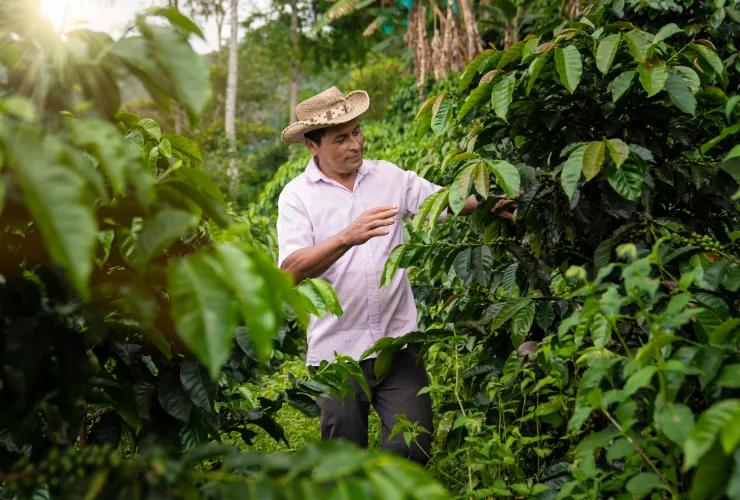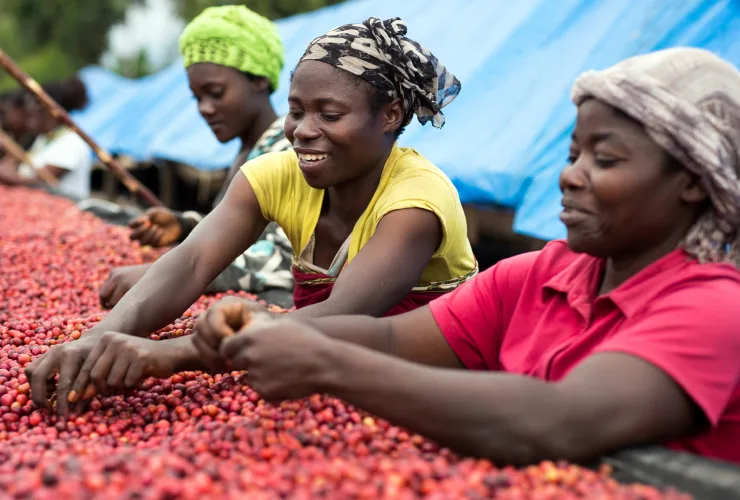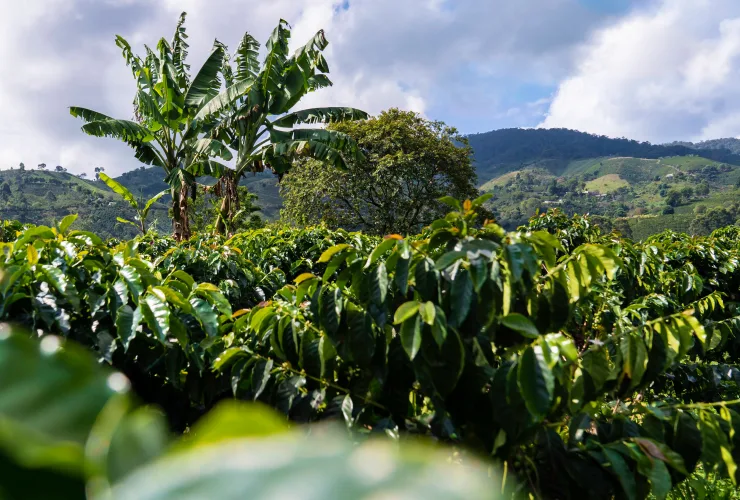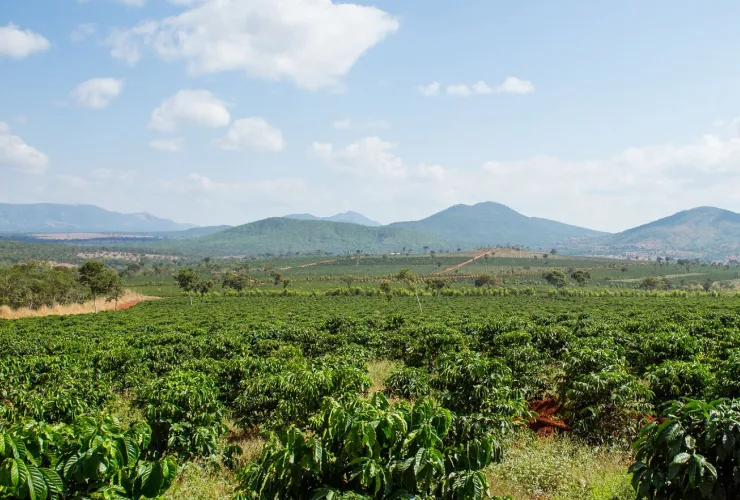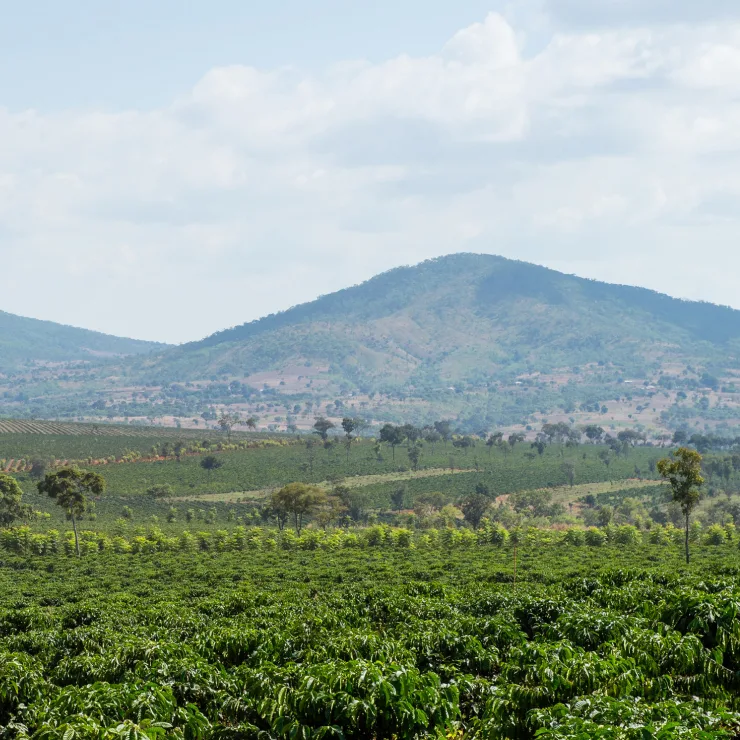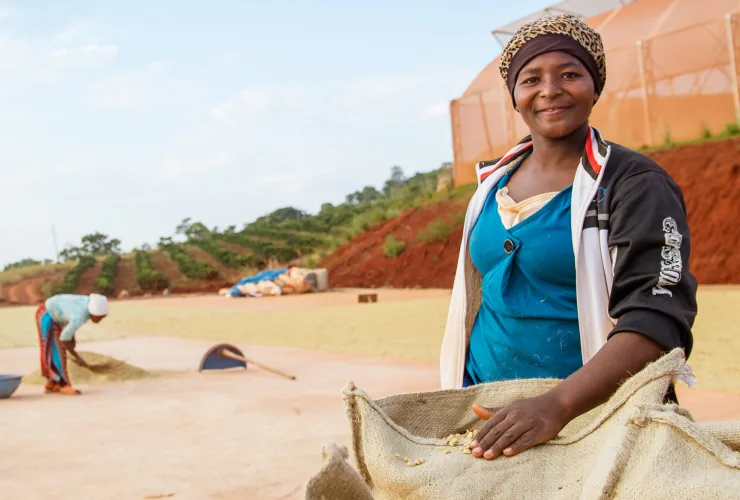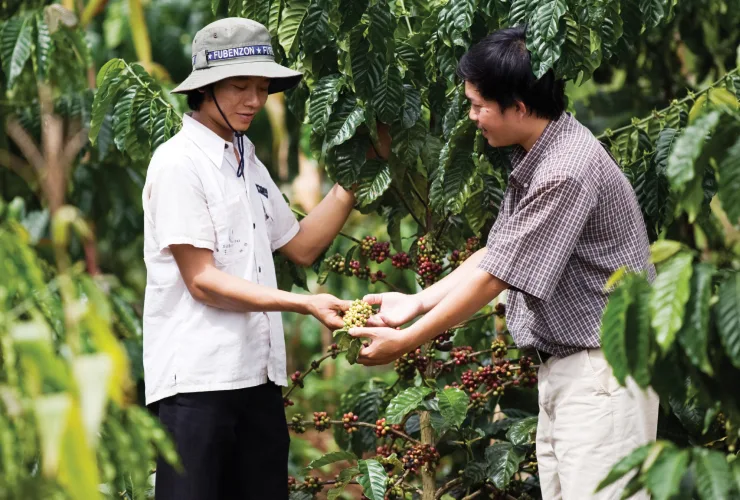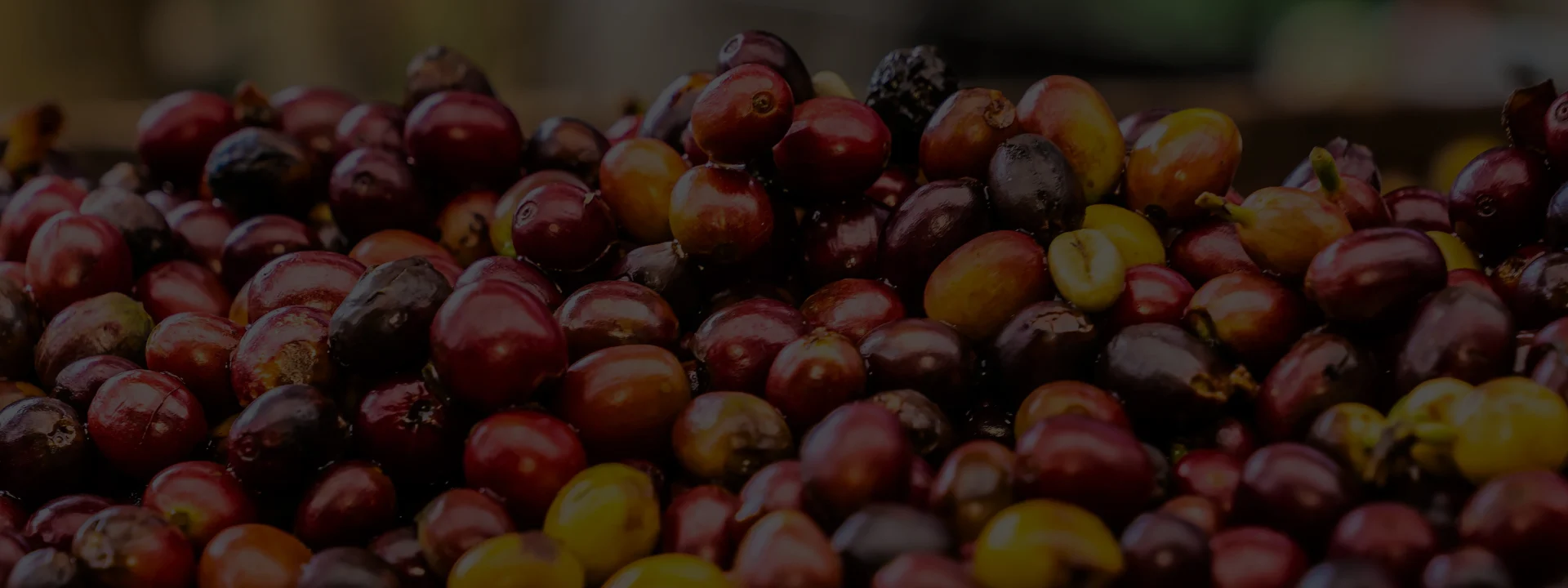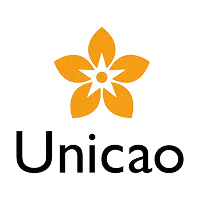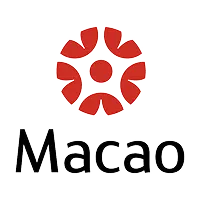Brazil
With nearly 40% of the global market, Brazil is the heartbeat of the coffee industry, keeping it warm and thriving. Cherished for its smoothness and bittersweet chocolate notes, people around the world know Brazilian coffee is a byword for delicious quality, and we're pleased to contribute to its success. We’re one of the country’s largest coffee exporters, with extensive integrated processing capabilities and expertise on the ground. So, we can supply roasters with the volume and scale they ask for.

